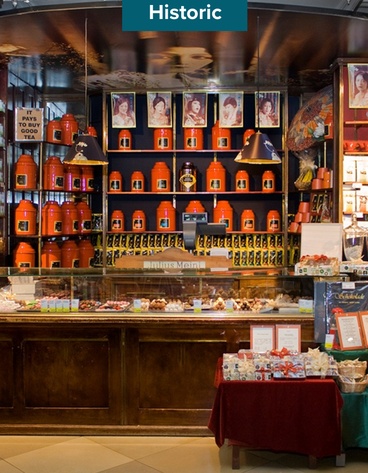Julius Meinl IV joined the family business, Julius Meinl AG, as a member of the Supervisory Board. Established by his great-grandfather in 1862, Julius Meinl AG was one of the leading food retailing and food producing companies in Austria. Julius Meinl IV also served as president of the Supervisory Board of Julius Meinl International AG, the company through which the Meinl family in the early 1990s re-established food-retail operations in countries such as Hungary, the Czech Republic, and Poland.
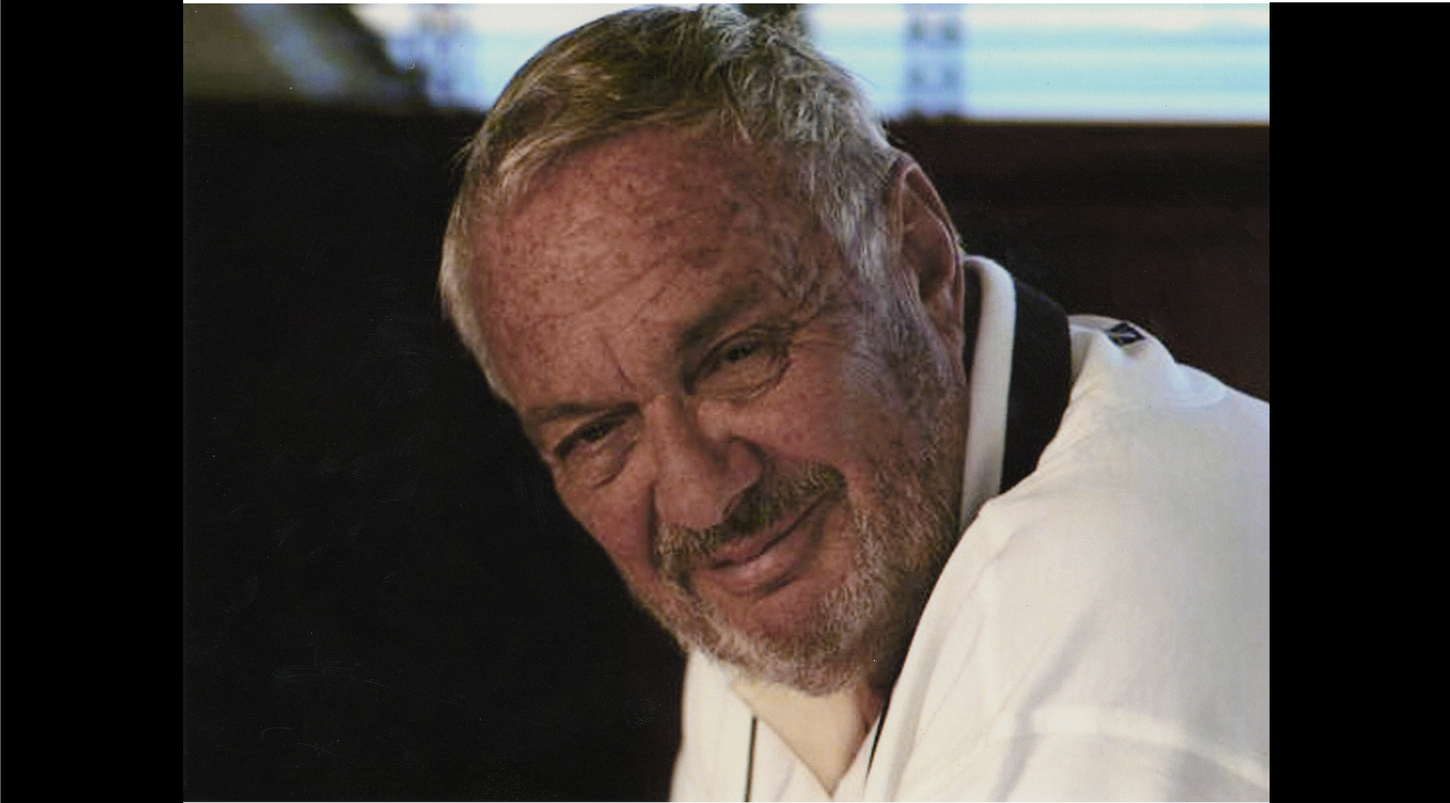
Julius IV
* 27 October 1930 in Vienna; † 4 January 2008
Julius “Jacky” Meinl
Julius IV’s Timeline
1930–2008
Personal Life
Julius Meinl IV was born on 27 October 1930 to Julius Meinl III (1903-1991) and Johanna “Hansi” Winterstein (1906-1983).
Not least because of his marriage to a Jewish woman, Julius Meinl III was a staunch opponent of the National Socialists. He actively supported the resistance against the Nazis. After Austria’s annexation to Germany in March 1938, Julius Meinl III was declared an enemy of the state. He therefore decided to flee Austria together with wife and two sons who had been denoted as “Jüdische Mischlinge” as codified in the Nuremberg racial laws of 1935. The family first spent a year in Yugoslavia before finally emigrating to England in 1939.
After attending school and studying to become a chartered accountant, Julius Meinl IV joined the British Royal Air Force as a pilot. He returned to Austria after the Second World War in 1953.
Julius Meinl IV married Maria Gerngross, daughter of Paul Gerngross (1880-1954) and Martha Gerngross (1885 – 1967). The Gerngross family were prominent Viennese Jews and owned the largest department store in Vienna. This was located on the Mariahilfer Strasse, one of the city’s main shopping streets. In 1932, the department store was one of the first to be attacked by the National Socialists. After the so-called “Anschluss” in 1938, the family fled to Montevideo in Uruguay. Only in 1947 did they return to Austria. Between then and Paul Gerngross’ death in 1954, he resumed management of the store and returned it to its former glory. In 1957, the store was sold.
The couple had two children, Julius Meinl V (born 1959) and Jeannette (born 1962).
Jeanette Meinl married Gobert von Skrbensky, a Viennese doctor. Since 1997, she worked for Julius Meinl Coffee as head of green coffee procurement. Jeanette Meinl’s coffee procurement and trading expertise developed from her training in Hamburg, the centre of the coffee trade; her education in specialty coffee and as a commodity advisor.
Julius Meinl IV passed on to Jeanette Meinl his deep knowledge and longstanding relationships with green coffee suppliers. Jeanette Meinl frequently visited many suppliers in South and Central America, first as a child and later as the representative of Julius Meinl Coffee.
Up to his death in 2008, Julius Meinl IV was the president of the AOPA (Aircraft Owners and Pilots Association), the representative body of independent air travel. Flying was a life-long passion of Julius Meinl IV.
Personal Life
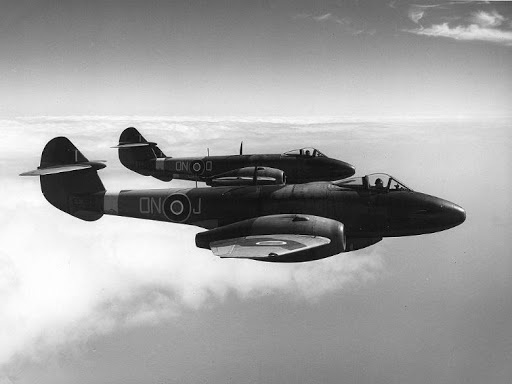
1953-1987
Joining the Family Business
Upon his return to Austria, Julius Meinl IV joined the family business, Julius Meinl AG, as a member of the Supervisory Board. Established by his great-grandfather in 1862, Julius Meinl AG was one of the leading food retailing and food producing companies in Austria. Apart from a growing number of up-market grocery stores, the company was most famous for its high-quality coffee. Julius Meinl IV led the coffee department himself and was internationally recognised as a coffee expert. Upon the retirement of his father, Julius Meinl III, his son took over as president of the Supervisory Board of Julius Meinl AG in the year 1987.
Joining the Family Business
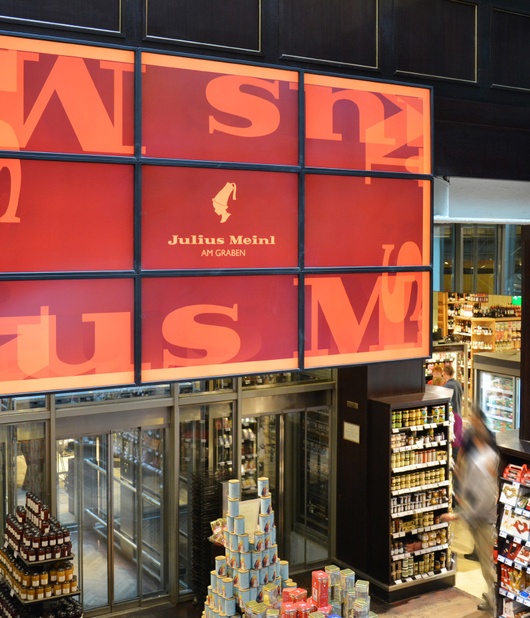
1987-1998
Taking Strategic Decisions
In the early 1980s, Meinl’s grocery business was still focussed on Austria only where, together with its competitor Konsum, it dominated the food retail sector.
As other newer competitors tried to increase their market shares through an aggressive price policy, Meinl reacted by placing great emphasis on differentiating through a higher degree of service and product quality. To ensure this high standard, the Meinl maintained its own production facilities not only for coffee, but also for a wide range of products such as meat, sausages, jam and pasta. The company also had its own distillery and a wine cellar.
Yet increasingly consumers were not willing to pay a higher a price and flocked to nimbler and more modern retailers. As a result, by the early 1990s Meinl’s market share dropped significantly to only c.6%, roughly half of what it was ten years earlier. In order to keep pace with its main new challengers, Billa and Spar, the company began to compete on price. Despite many discount campaigns, the Meinl was however unable to shake off its expensive image.
Against this competitive background in Austria, Meinl decided to turn its attention to the rapidly developing markets in Central and Eastern Europe where the company had enjoyed so much success prior to the sequestration of assets in those countries by post-war communist governments.
Julius Meinl IV served as president of the Supervisory Board of Julius Meinl International AG (“JMI”), the company through which the Meinl family in the early 1990s re-established food retail operations in Hungary, the Czech Republic and Poland, as well as a coffee roasting plant in Slovakia. Within a few years, Julius Meinl became the largest food retailer in Hungary. In addition, JMI also established the leading drug store chain in the Czech Republic.
Following years of successful growth, the Meinl family decided in 1998 to sell its food retailing activities in Austria and abroad, the only exception being Julius Meinl am Graben, a flagship gourmet store in the city centre of Vienna.
During these years, Julius Meinl IV also served as vice president (and later president) of the Supervisory Board of Meinl Bank, one Austria’s leading private and investment banks based in Vienna.
Taking Strategic Decisions
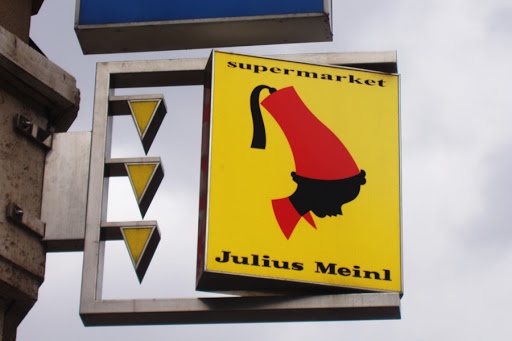
1998-2008
Refocusing on Coffee
Following the disposal of its retail business, the family refocused its activities on the Julius Meinl coffee business, which it also retained.
Julius Meinl IV continued to be the dominant force behind the successful expansion of the coffee business. Since its foundation, the company has always been the leading Austrian coffee brand, synonymous with the Viennese coffee house culture. Following the sale of its grocery stores which had been a captive sales channel for Julius Meinl Coffee, the company now shifted its focus on the out-of-home sector, delivering to thousands of cafés, restaurants, hotels.
From the start of the 21st century, Julius Meinl expanded to markets outside of Austria. Following a string of acquisitions, Julius Meinl became one of the leading coffee brands in Northern Italy. In parallel, the company organically expanded in its reach throughout central, eastern and south-eastern Europe and also to Russia. In many of these markets, Julius Meinl coffee is one of the top two brands in the out-of-home sector.
In 2005, Julius Meinl IV was instrumental in moving the company’s main roasting facility from its traditional site in Vienna to a state-of-the-art plant in Vicenza, Italy.
Refocusing on Coffee
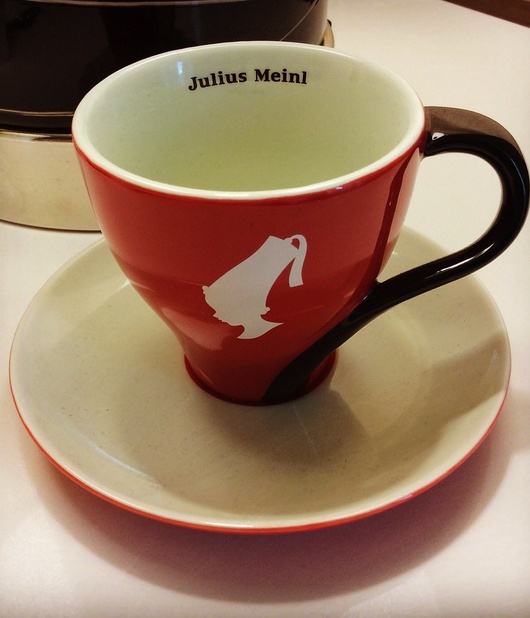
Real Estate
The Meinl family have been substantial investors in private equity and in real estate.
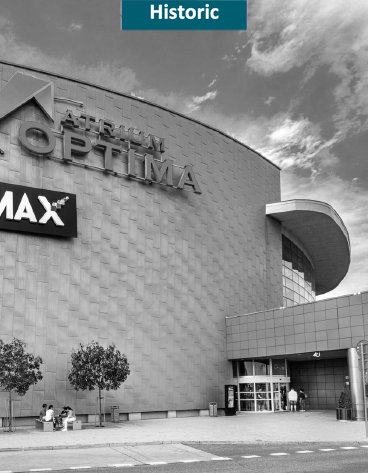
Retail
Over 5 generations, the Meinl family used its skill, patience and determination to build the Julius Meinl grocery retail business into one of the largest and most successful in Europe.
